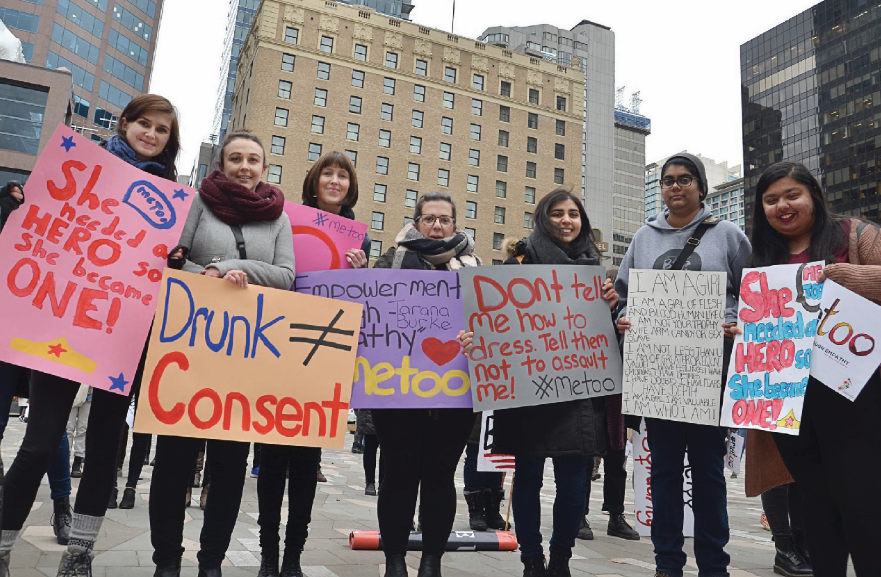The GCWS Student Conference
Student-led professional development event developing graduate student leadership
THE GCWS GRADUATE STUDENT CONFERENCE
GCWS Organizing Team and Process
The GCWS Graduate Student Conference occurs in alternating years, with a smaller student-focused event in the years in between. The GCWS Graduate Student Conference is envisioned, developed, and implemented by a team of graduate students from the nine member institutions. This team, in accordance with the GCWS mission, is made up of a variety of disciplines, frameworks, backgrounds, and interests. The GCWS Program Manager and Board of Directors provides advice and mentorship during the planning and implementation process.
Student conference organizers will have the opportunity to develop transferable skills that are valuable to careers both inside and outside the academy. The organizing team handles all aspects of the conference, including:
Organizing panels and projects
Publicizing the events
Arranging venue and vendors
Creating materials
If you are interested in co-organizing the conference or have an idea for an interesting conference theme, email the GCWS Program Manager.
Student conference presenters will have the opportunity to present their research related to a range of topics, practice their presentation skills, and network with students and faculty from across the Boston area and the country.
GCWS 2025 Conference: “Liberatory Practices for Worlds in Crisis”
In 2024, we are surrounded by crisis in nearly every sector of our world(s): environmental, political, social, cultural, and interpersonal. Crisis is not a new nor a unique phenomenon: Indigenous societies have faced decimation, war has torn through family and political associations, and environmental devastation cycles again and again.
And yet, we have found new ways of living, resisting, and surviving. In Ideas to Postpone the End of the World (2019), Brazilian philosopher and Indigenous movement leader Aílton Krenak urges us to consider the past and present, writing that “When people speak of imagining a new possible world, it's in the sense of rearranging relations and spaces, introducing new understandings of what we recognize as nature as if we were not nature ourselves.”
This conference invites graduate student scholars, activists, and practitioners to examine what it means and has meant to survive in a world in crisis. What do we mean by crisis? How do historical experiences of crisis inform our understanding of present crises? What is the meaning and purpose of “liberatory practices” in the historical and contemporary world? How do Indigenous, feminist, queer, trans, disability or other lenses offer alternative understandings of crisis? What world is possible after a crisis? By exploring these and more questions, we hope to consider how new methods of study and care practices in our scholarship might allow us to imagine different worlds, develop resilience in a crisis-laden world, become “undisciplined” academically, and/or form more caring and collaborative communities.
















